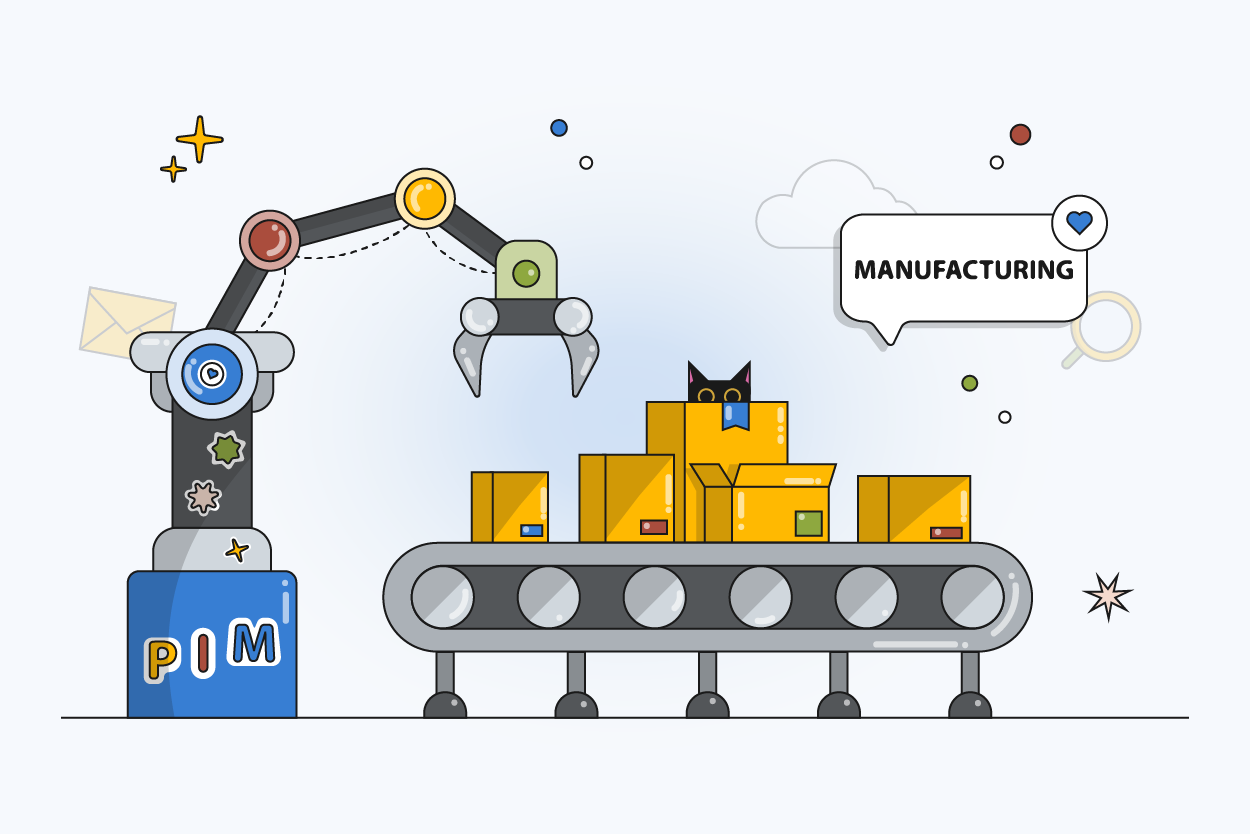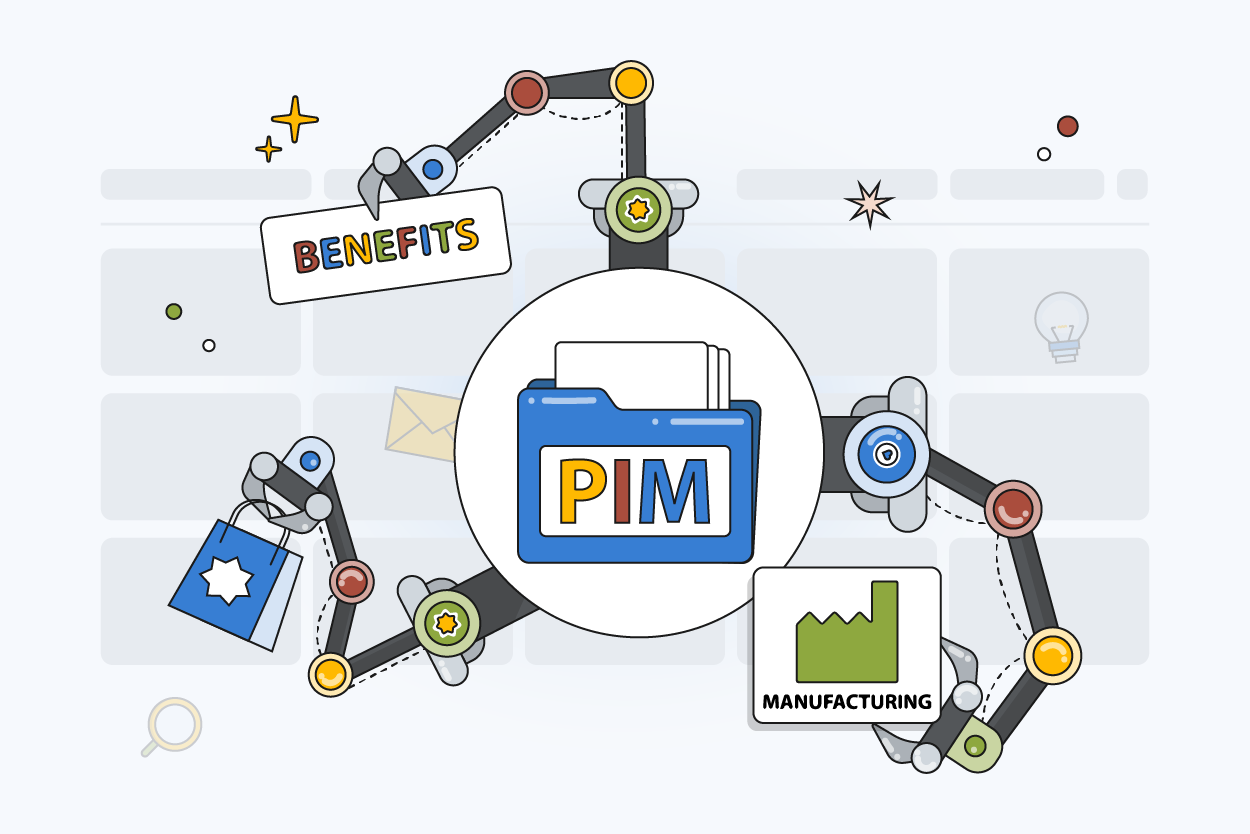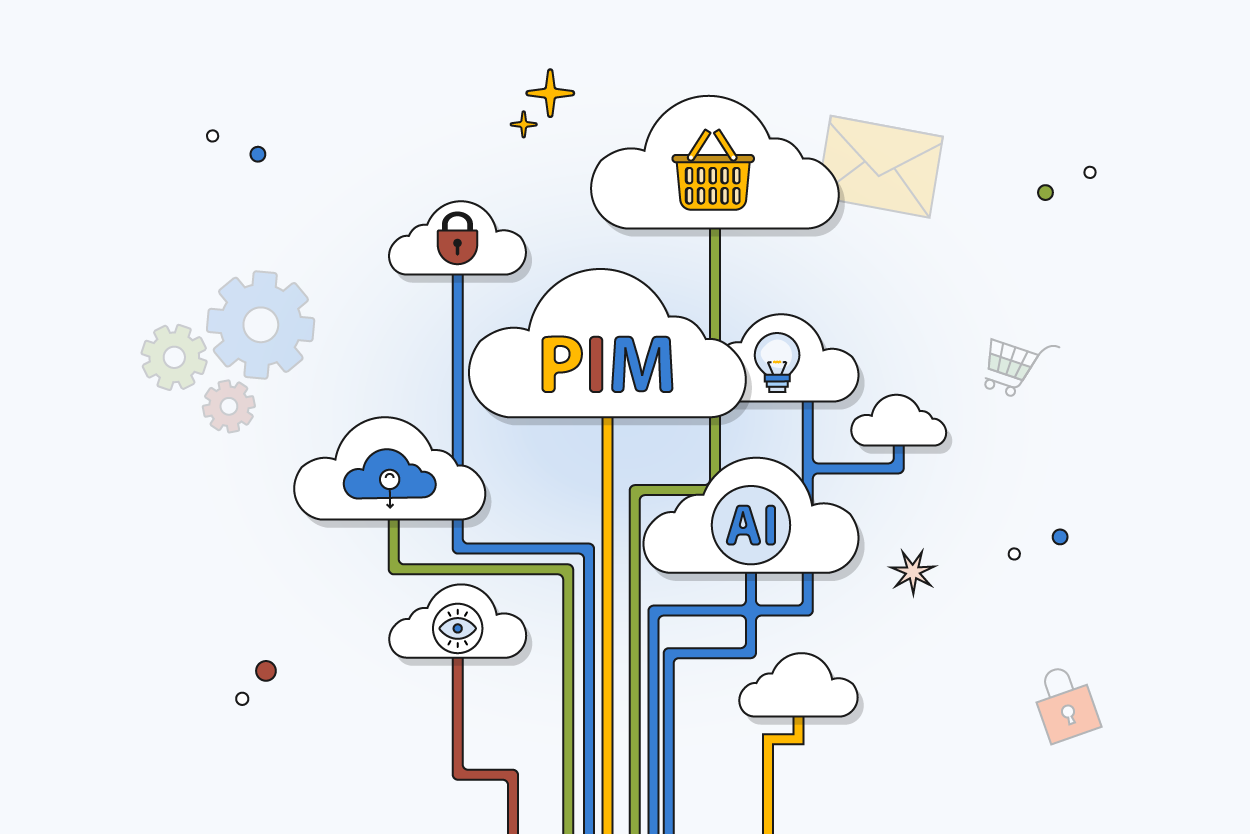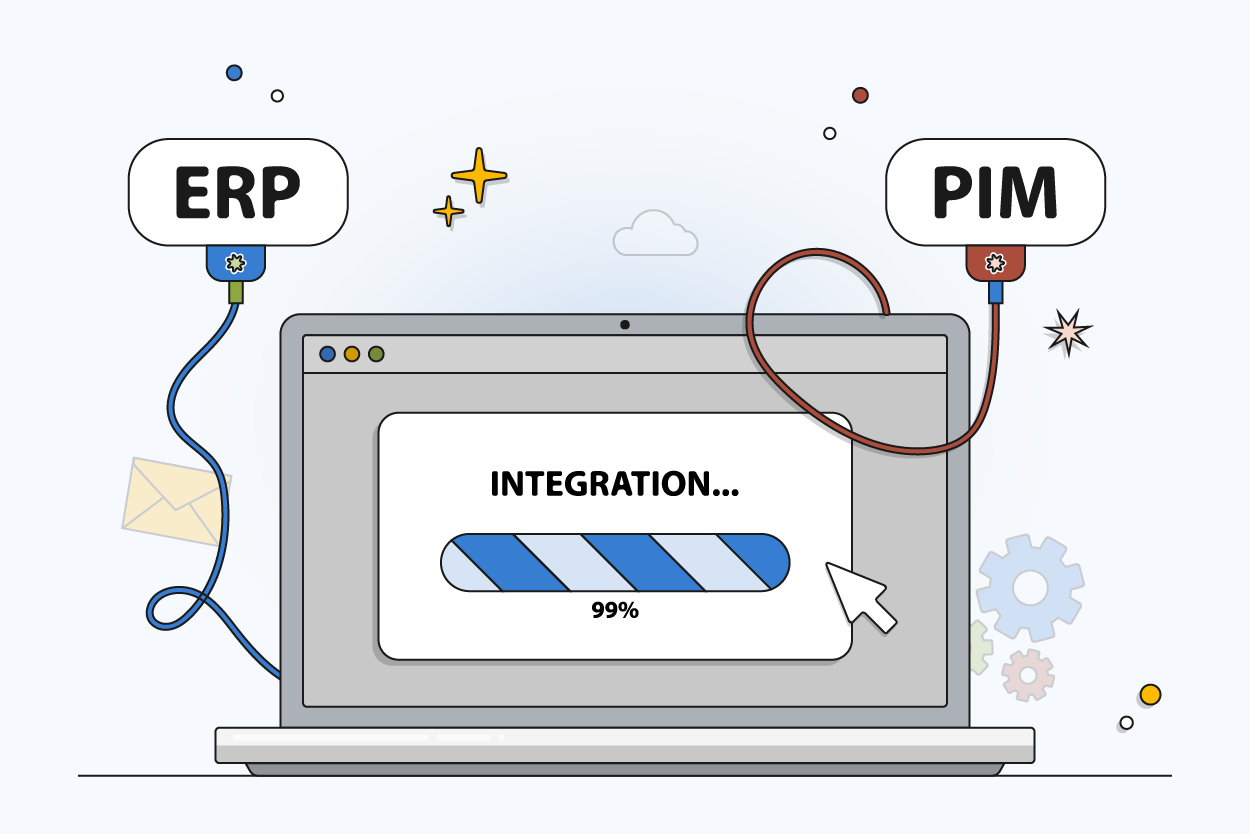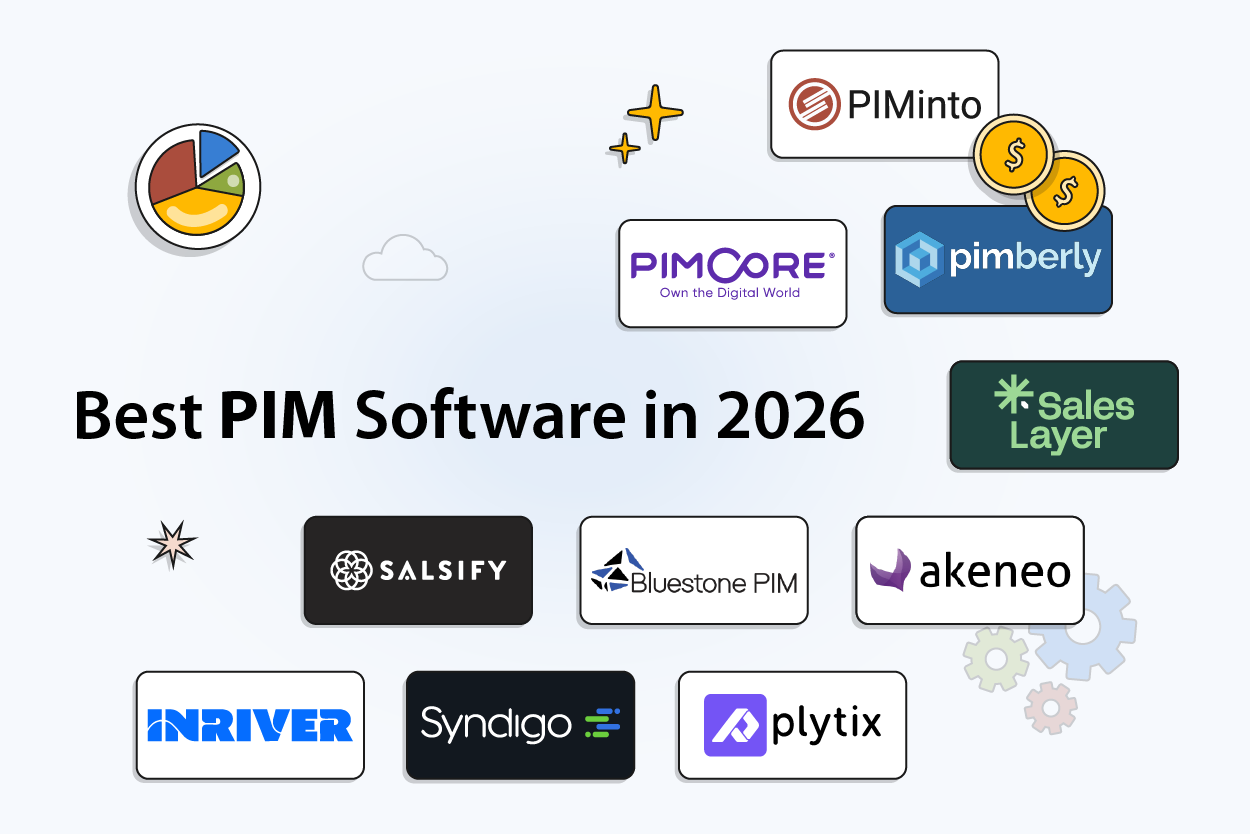PIM for Manufacturers
Centralize your product information and enrich your data with
PIMinto PIM system for manufacturers.







Why Do Manufacturers Need PIM?
Below are the most common reasons manufacturing companies continue to use product information management solutions.
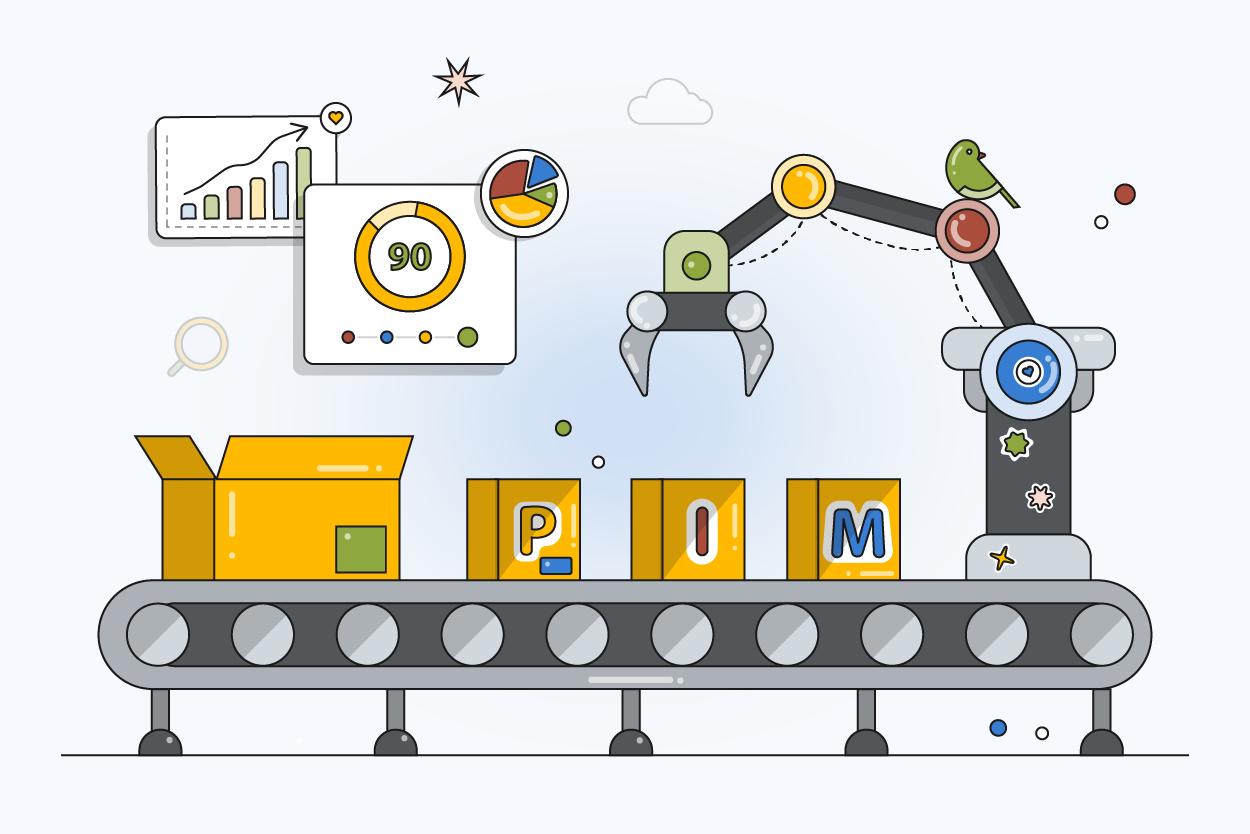
Data centralization eliminates inconsistencies that occur when data is stored in different systems. With PIM, manufacturers ensure that all teams use the same product specifications, prices, and digital assets, greatly reducing errors in customer-facing content.
Spreadsheets become unwieldy and error-prone when managing thousands of SKUs with complex specifications and relationships. PIM's structured approach enables manufacturers to implement validation rules, track changes, and organize product information in ways spreadsheets simply cannot support.
Product launches entail the coordinated delivery of data across several channels and marketing platforms. PIM, via automated dissemination, enables manufacturers to release complete and accurate product information simultaneously on all channels while adapting content formats to each platform's needs.
Many manufacturing industries face strict regulatory requirements. PIM provides an efficient system for storing and managing compliance-related information. This helps organizations demonstrate adherence to industry regulations.
PIM eliminates silos with a unified product data hub. Your teams, from engineering to marketing to sales, can access, update, and leverage the same accurate information simultaneously. No more costly miscommunication or inconsistent messaging, just streamlined workflows that drive faster decisions and better business results.
As you expand into new digital channels, a PIM system helps your product information perform at every customer touchpoint. Whether selling directly to consumers or using a B2B PIM, you can optimize descriptions and digital assets to boost visibility and drive revenue growth. All this while managing more products across more channels with less effort.
Our Extensive Expertise in PIM Solutions for Manufacturing
Working with dispersed product information creates inefficiencies and inconsistencies. PIMinto centralizes your data to improve control and accessibility.
Data quality is critical for manufacturers. PIMinto analytics capabilities provide deep visibility into your product data and insights that help eliminate errors.
PIM connects optimized product catalogs to multiple channels, enabling faster product distribution with consistent, accurate data across all platforms.
PIM connects optimized product catalogs to multiple channels, enabling faster product distribution with consistent, accurate data across all platforms.
PIMinto helps manufacturers optimize product descriptions, specifications, and digital assets for different audiences without creating separate data sets.
Our PIM solutions help manufacturers standardize their data formats and structures, ensuring reliability and enabling customers to make well-informed purchasing decisions.

Ready to Streamline Your Manufacturing Operations?
See how PIMinto eliminates data chaos and accelerates time-to-market with specialized manufacturing PIM solutions.
Who Can Use PIM in Manufacturing?
Various stakeholders in manufacturing companies can benefit from PIM software.
Product managers utilize PIM to oversee product launches and product updates in a multi-channel selling environment. They can produce consistent product narratives while adapting content to different market segments and buyer profiles without duplicate effort.
E-commerce specialists use PIM to enhance product discoverability and conversion rates through optimized attribute management and enriched content. They can rapidly adapt to marketplace requirement changes, seasonal promotions, or competitive positioning without requiring IT intervention for each update.
IT teams benefit from PIM's standardized APIs and integration capabilities that reduce custom development needs when connecting to new systems or channels.
Support representatives gain immediate access to comprehensive product specifications, compatibility information, and troubleshooting guides through PIM-centered storage. This enables faster resolution of customer inquiries, ultimately decreasing return rates and increasing customer satisfaction.
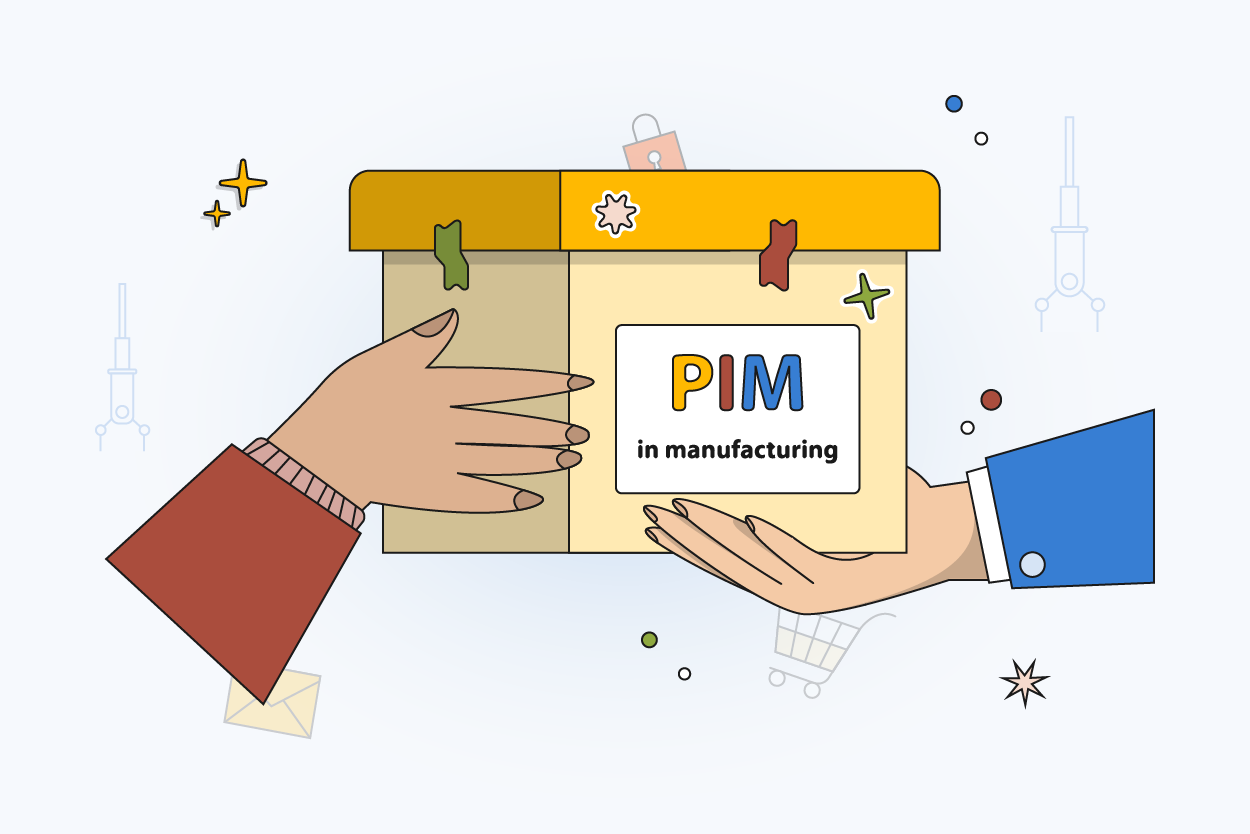
Large Manufacturers in Need of PIM Solutions
Enterprise manufacturers with extensive product catalogs face exponential complexity in managing product information across global markets and numerous distribution channels. These organizations particularly benefit from PIMinto enterprise-grade PIM capabilities, which can handle high SKU volumes and provide granular user access for large, distributed teams.
For multinational manufacturers, our AI-powered localization features can automatically adapt product content to align with regional audiences. This enables truly global operations without multiplying data management overhead.
Some examples of large manufacturers with the most to gain from PIM include:
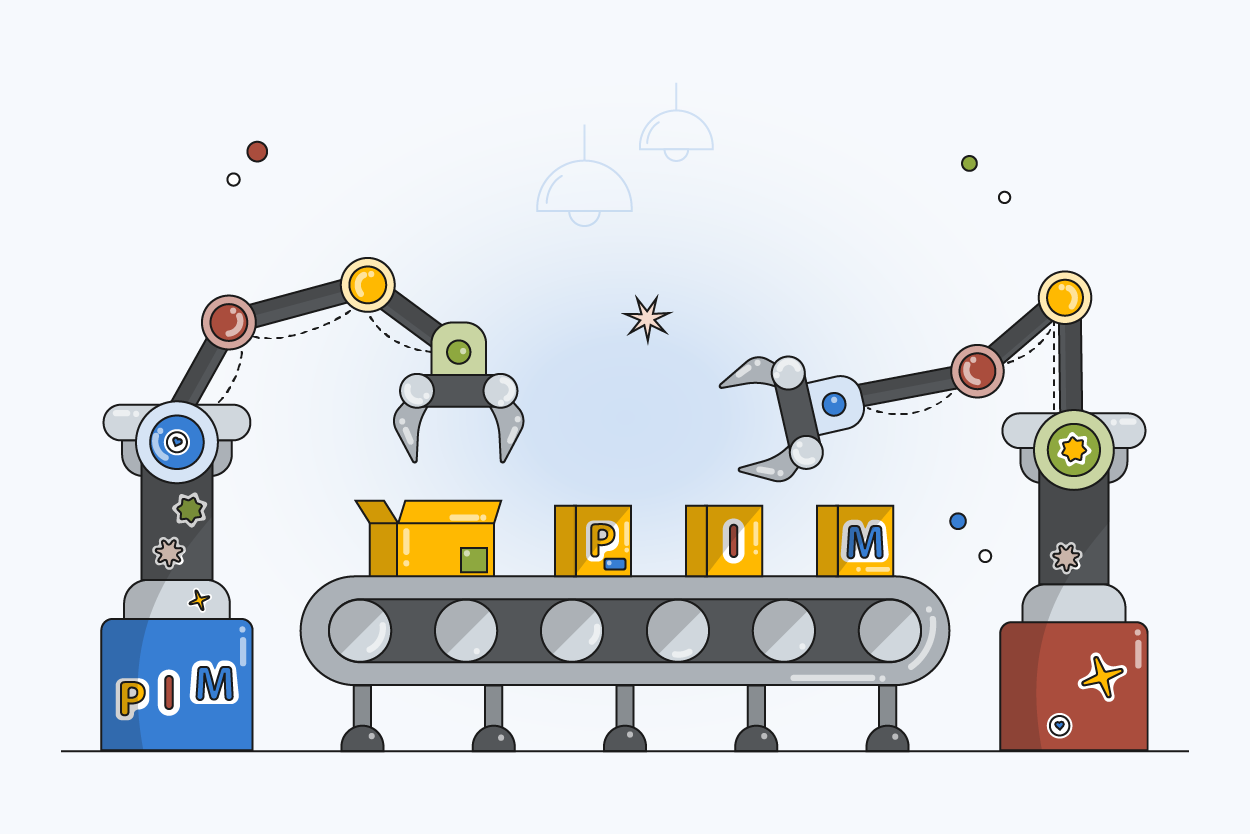
Managing thousands of parts, accessories, and vehicle models requires precise product data to support suppliers, dealerships, and aftersales services worldwide.
Rapid product innovation and diverse global markets demand consistent, multilingual product descriptions across e-commerce, retail, and distribution channels.
Complex specifications, regulatory requirements, and technical documentation make centralized data management essential for efficiency and accuracy.
